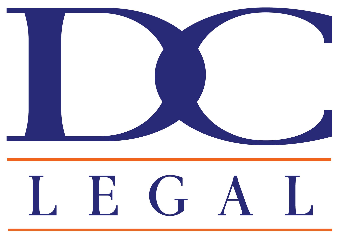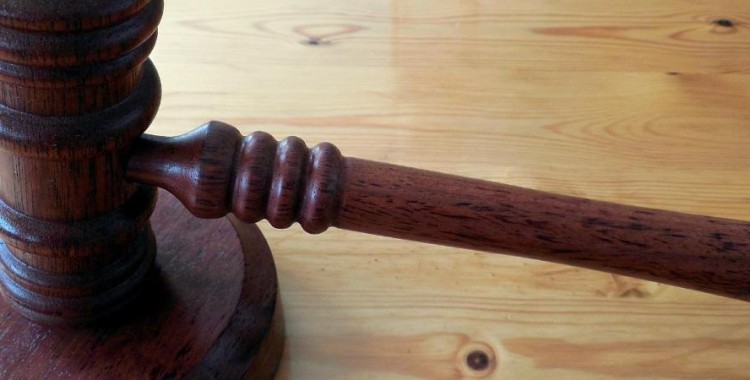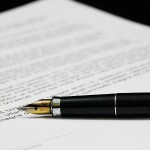Steps of a Personal Injury Lawsuit in Washington State
Have you ever been curious to know what the process is behind a personal injury claim? Here, we define the typical steps…
Summons and Complaint
The insurance company has refused to make a reasonable offer of settlement on your injury claim. As a results, we have filed suit on your behalf. We have sued the responsible parties and their insurance companies with a document called a “Summons and Complaint.” The question is then, “what happens next?”
Answer
After the papers are served to the defendants and their insurance companies, they hire attorneys to represent them and to serve us with a document called an “Answer.” The Answer responds to the claims we made in the Summons and Complaint, and to some extent indicates what issues we are going to be fighting about. Typically at this stage of a lawsuit, the defense attorneys send written questions called “Interrogatories.” These can be detailed questions covering your personal history, your employment history, your medical history, what injuries you claim in the lawsuit, a list of your bills, who has paid your bills, and any other types of detailed questions, which we will need your help with. At this point, we may also send Interrogatories to the defendants, and they would have to go through the same process.
Discovery Depositions
Following this flurry of paperwork, the next step is to take depositions of you and the defendants, and any key witnesses. These are called “Discovery Depositions.” This gives the opposing attorney the opportunity to ask questions under oath.
There are several purposes for the depositions:
- To find out what a person would say at trial.
- To discover information that was not covered in the interrogatories.
- To size up the person in terms of how they will be received by the jury — in other words, will the jury like them or will the jury be turned off by them?
Defense Medical Examination
Following the discovery depositions, the defendants may or may not choose to send you to a doctor of their choice for a “Defense Medical Examination.” This doctor is someone hired by the insurance company or the insurance company attorney to examine you, write a report, and testify at trial if need be. This doctor is not on your side and is not going to treat you. His or her task is to find things that will help the insurance company. When this time arrives, we will prepare you for the independent examination just like we will prepare you your deposition.
Medical Depositions
After the defense medical examination, the attorneys may need to take depositions of the various doctors and other experts involved in the case. This is done if there is any question about exactly what the doctor would testify to at trial or an engineer as to his opinions on your claims. This is not always done, but is a step that happens frequently.
Defense Re-evaluation
After the discovery process, the defense has reevaluated your claim. Typically, the defense attorney sends a detailed report to the insurance company and the insurance company decides what amount of money they are willing to offer to settle your case. At this point, there may be direct negotiations between the defense attorney and your attorney.
Mediation
Often, the parties will agree to a mediation. A mediation is where the two sides sit down with a neutral third party who is tasked with settling the case. The mediator cannot force either party to do anything — they cannot force you to accept an offer, nor can they force the insurance company to make an offer. Over time, we have found that many cases settle at mediation.
Trial Preparation
If the case does not settle, then we commence preparation for trial. We will prepare you by first going through your testimony, and then going through the questions we will ask you during your trial. During this exercise, we will try to give you a good idea of the various types of questions the defense attorney will ask you on cross examination. If a witness or a doctor is unable to attend the trial to testify, we will make arrangements to take an evidentiary deposition that can either be read or shown to the jury during trial. We will also prepare exhibits, such as photographs or lists of expenses, and prepare other witnesses — and if needed, issue subpoenas to ensure these other witnesses attend your trial.
Trial
At trial, the proceedings follow a relatively strict order (as follows).
- Jury Selection or “Voir Dire.” The first event that takes place at trial is picking a jury. A group of potential jurors will be seated in front of the courtroom and will address questions asked by the judge to determine whether there is any reason why they cannot sit through the trial. Then, attorneys for both sides are allowed to ask questions of the jury. This process is termed, “Voir Dire.”
- Opening Statements. Once the voir dire process is complete and the jury is picked, then the trial proceeds to opening statements. During this time, attorneys for each side can provide the jury with an outline of what they expect to happen at trial and what they expect to prove.
- Testimony. Following is the testimony, when you and other witnesses testify; depositions of doctors or unavailable witnesses are provided to the jury. You, as plaintiff, get to present your case first and then the defense gets to present their case. Each witness can be subject to both direct examination and cross examination.
- Closing Argument. After the testimony, attorneys from each side are invited to give closing arguments to tell the jury their view of the evidence and what the jury should do on their verdict.
- Verdict. The judge provides the jury written instructions on what the law is to guide them on the case, and then the jury retires to reach a verdict. The verdict contains questions for the jury to answer. These include who is at fault, as well as how much money should be awarded for various portions of your claim. Once the jury reaches a verdict and all of the questions are answered, the jury comes back into the courtroom and the judge will read the verdict in open court.
Have questions regarding your rights in a personal injury case? Contact us.







